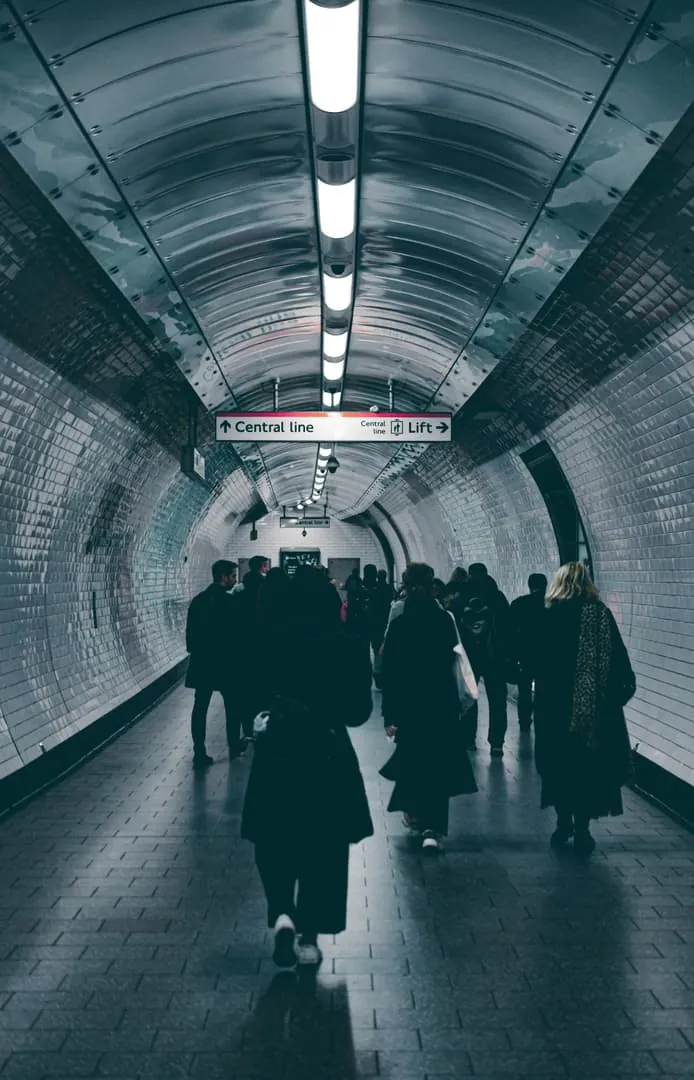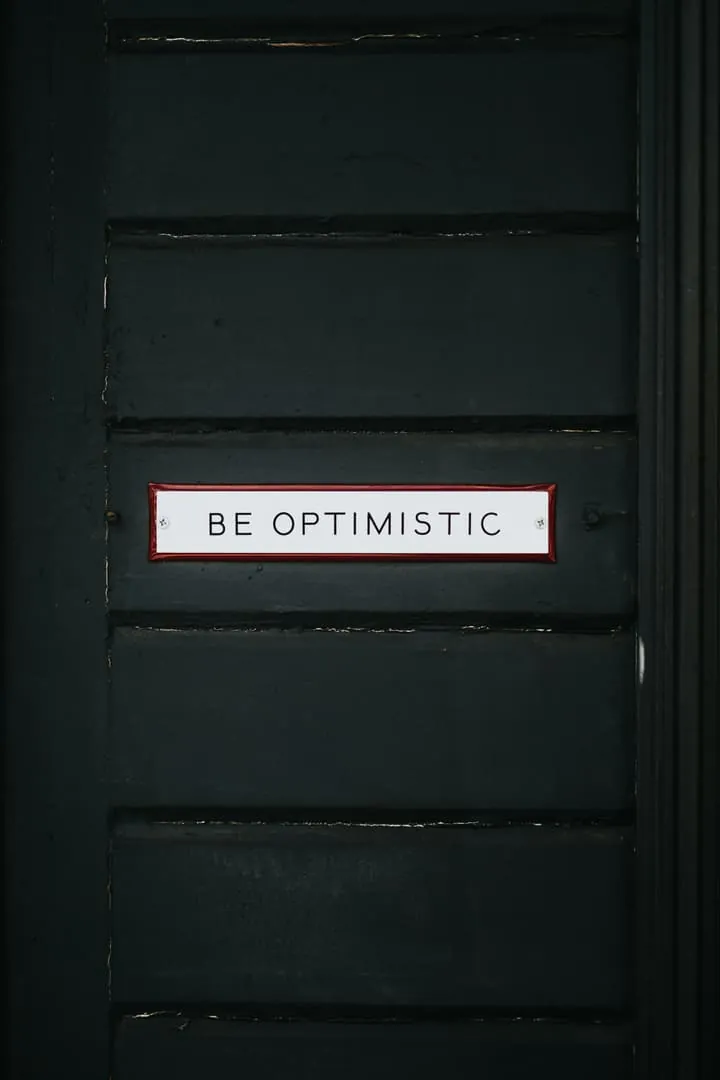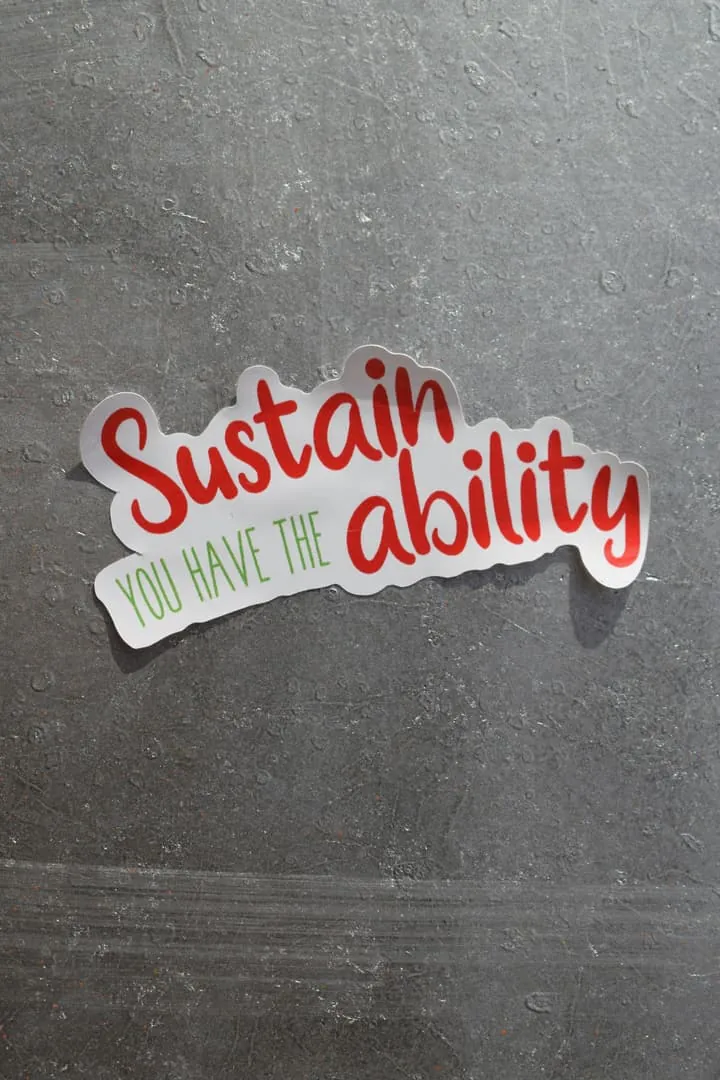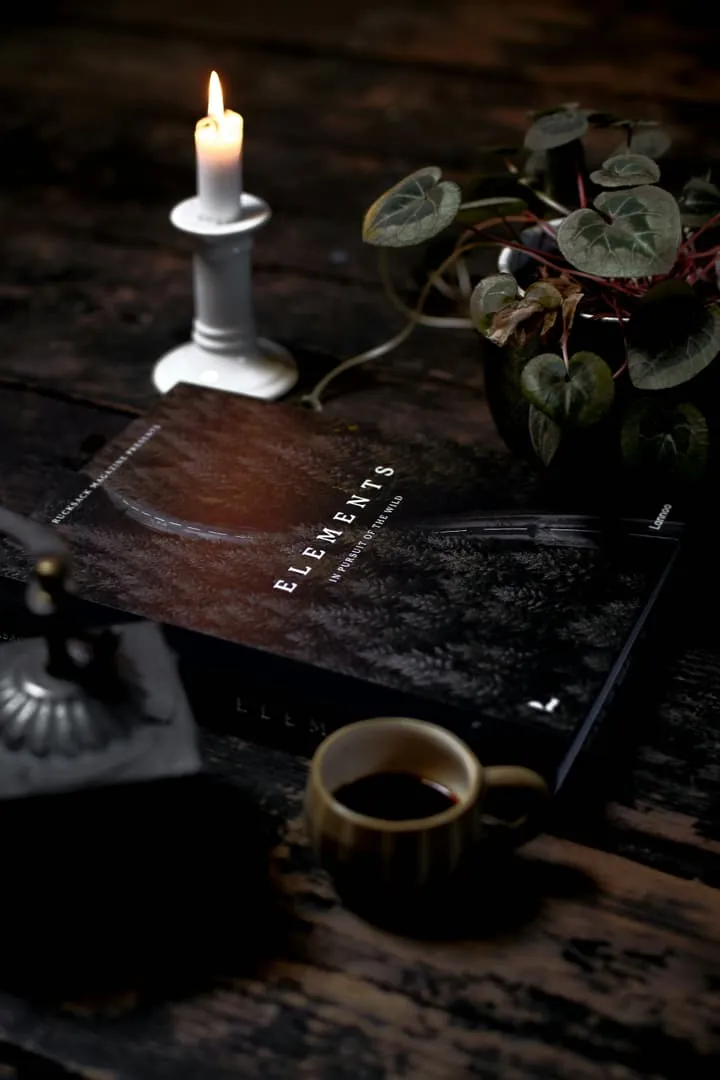
Slow mornings, greener days: changing routines without losing comfort
For years my mornings followed the same pattern: alarm, capsule coffee, quick shower, car commute. Efficient, but far from sustainable. Capsules piled up, hot water ran endlessly, and fuel burned in traffic. One day I decided to slow down just a little. To my surprise, the small tweaks I made saved money, cut waste, and gave me calmer mornings.
The coffee switch
Capsule coffee was my daily comfort. Quick and easy, but every morning the stack of used pods bothered me. One weekend I bought a French press. At first it felt slow and inconvenient: grinding beans, waiting four minutes. But soon I realized that time was part of the pleasure. The result: better tasting coffee, zero packaging waste, and my budget cut in half.
Rethinking the shower
I used to stand under hot water for ten minutes, barely awake. I tried a simple trick: a three-minute playlist. When the song ends, I step out. My shower time dropped in half. That’s forty liters saved per day, nearly 14,000 liters per year. Even my bill went down, and I didn’t feel less comfortable.
The commute reset
Cycling instead of driving seemed unrealistic. I started with once a week. Then twice, then three times. By autumn I was biking most days. No more traffic stress, less fuel wasted, and the ride itself became a breath of fresh air. The financial savings were obvious, but the real benefit was the energy boost each morning.
Breakfast without packaging
I often grabbed a croissant on the way, always in a paper bag with a napkin I didn’t need. I didn’t give up the habit — I just brought a cloth bag. At first the baker laughed, then said others had started doing the same. It’s a tiny gesture, almost invisible, but it keeps dozens of wrappers out of the bin each month.
Conclusion: These changes aren't dramatic. They don't require fancy gadgets or strict discipline. But together they transformed my mornings: less waste, less spending, and more calm. Living greener doesn't mean complicating life — it just means noticing the small choices that matter. Continue your journey with our [autumn breakfast ideas](/en/blog/2025-10-06-autumn-breakfasts) and discover how [autumn cycling](/en/blog/2025-10-02-cycling-through-autumn) can transform your commute.
About the author:
Alexandre Dubois is a European sustainability enthusiast who shares practical, tested tips for everyday life. From saving on household energy to reducing waste, he focuses on simple changes that deliver real impact. He writes from personal experience, testing solutions in his own home before recommending them. Contact: info@greendailyfix.com
Related posts

Most People Aren’t Failing at Sustainable Living — They’re Just Optimising the Wrong Things
If sustainable living feels harder than it should, there’s a reason — and it has nothing to do with laziness or lack of care. In 2026, many people aren’t doing too little for the planet. They’re simply spending their energy on choices that barely move the needle.

If You Want to Live More Sustainably in 2026, Stop Doing More — Start Choosing What to Ignore
After years of advice telling us to optimise everything, many people reach the same conclusion: sustainable living feels like constant self-surveillance. In 2026, the most effective green shift is not about adding new rules, but about consciously deciding what no longer deserves your energy.

Why Sustainable Living Feels Exhausting - And How to Build a Green Life You Can Actually Maintain
Many people do not quit sustainable living because they do not care. They quit because it is exhausting. Too many rules. Too many contradictions. Too much pressure to do everything right, all the time. In 2026, this quiet fatigue has a name - and it is one of the biggest obstacles to real environmental progress.

Your Laundry Might Be Polluting More Than Your Car: The Microplastic Problem at Home
Every time you wash your clothes, thousands of microscopic plastic fibres are released into water systems. In 2026, scientists agree: laundry is one of the largest sources of microplastic pollution — and it happens quietly, at home.